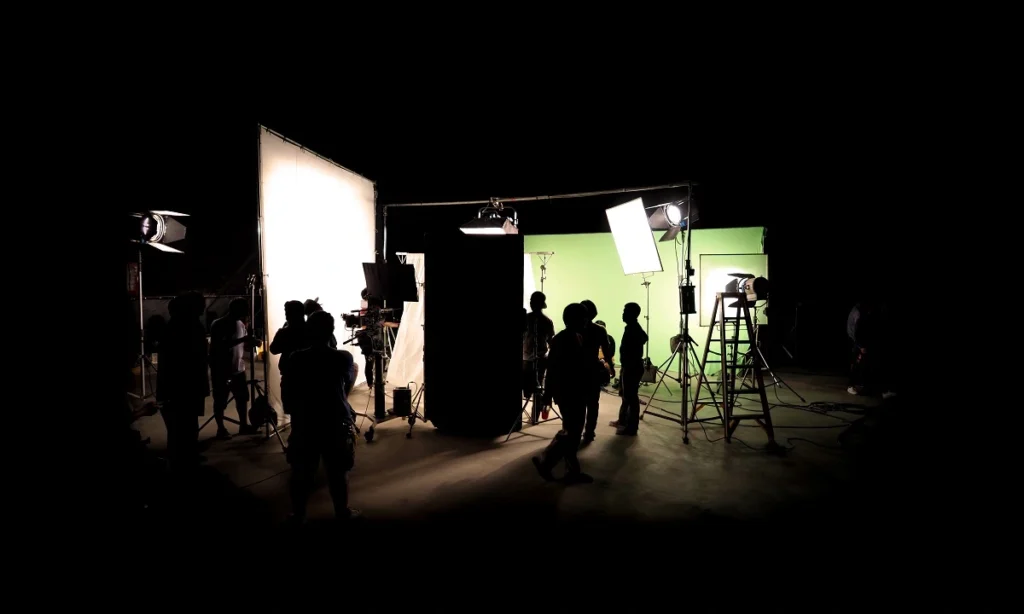10 Tips for Becoming a Successful Studio Producer
Are you passionate about music production and dream of working in a professional studio setting? Becoming a studio producer can be an exciting and rewarding career choice for those with a love for music and a keen ear for sound. In this article, we will explore the role of a studio producer, the skills and qualifications required, and provide you with 10 invaluable tips to help you embark on your journey to becoming a successful studio producer.
1. Understand the Role of a Studio Producer
Before diving into the world of studio production, it’s important to have a clear understanding of what the role entails. A studio producer is responsible for overseeing the recording, mixing, and mastering process of a music production. They work closely with artists and musicians to bring their vision to life, ensuring that the final product meets their expectations.
2. Develop a Strong Musical Foundation
To excel as a studio producer, it’s essential to have a strong musical foundation. This includes a deep understanding of music theory, composition, and the ability to play at least one instrument. Having a solid musical background will not only make it easier for you to communicate with artists but also enable you to contribute creatively to the production process.
3. Acquire Technical Skills
In addition to musical knowledge, technical skills are crucial for a studio producer. Familiarize yourself with digital audio workstations (DAWs) such as Pro Tools, Logic Pro, or Ableton Live, as these are the industry standard tools used in professional studios. Understanding signal flow, recording techniques, and audio editing will also be beneficial in your journey as a studio producer.
4. Gain Hands-on Experience
One of the best ways to learn the ropes of studio production is by gaining hands-on experience. Look for internships or entry-level positions at recording studios, where you can observe and assist experienced producers. This will provide you with valuable insights into the day-to-day operations of a studio and allow you to build a network of industry professionals.
5. Develop Strong Communication Skills
As a studio producer, effective communication is key. You will be working closely with artists, musicians, and other professionals such as engineers and session musicians. The ability to clearly articulate your ideas and provide constructive feedback is essential to ensuring a smooth and productive workflow.
6. Cultivate Your Listening Skills
A studio producer’s most valuable asset is their ear. Developing excellent listening skills will enable you to identify subtle nuances in sound, make critical decisions during the mixing process, and help artists achieve their desired sound. Practice active listening by analyzing different genres of music and paying attention to the production techniques used.
7. Build a Network of Contacts
Networking plays a vital role in the music industry, and studio production is no exception. Attend industry events, join online communities, and connect with fellow musicians, producers, and engineers. Building relationships with like-minded individuals can lead to collaborations and job opportunities in the future.
8. Stay Updated with Industry Trends
The music industry is constantly evolving, with new technologies and trends emerging regularly. Stay updated with the latest advancements in studio production, such as new plugins, software updates, and production techniques. This will not only enhance your skills but also demonstrate your dedication to staying ahead of the curve.
9. Continuously Learn and Improve
Never stop learning and improving your craft. Take advantage of educational resources such as workshops, seminars, and courses. Online platforms like Yellowbrick offer specialized courses in music production, taught by industry professionals, allowing you to expand your knowledge and skills at your own pace.
10. Pursue Higher Education
While not mandatory, pursuing a degree in music production or a related field can provide you with a solid foundation and a competitive edge in the industry. Institutions like New York University (NYU) and NYU Tisch School offer comprehensive programs in music production and audio engineering.
Key Takeaways
- Understand the role of a studio producer, which involves overseeing the recording, mixing, and mastering process to bring an artist’s vision to life.
- Develop a strong musical foundation, including knowledge of music theory, composition, and proficiency in playing at least one instrument.
- Acquire technical skills by familiarizing yourself with industry-standard digital audio workstations (DAWs) and mastering signal flow, recording techniques, and audio editing.
- Develop excellent listening skills to identify subtle nuances in sound and make critical decisions during the mixing process.
- Build a network of contacts by attending industry events and connecting with fellow professionals in the music industry.
- Stay updated with industry trends, including advancements in studio production technology, plugins, software updates, and production techniques.
To further enhance your knowledge and skills in studio production, consider exploring the “NYU Business of Entertainment” online course and certificate program. This program offered by New York University (NYU) can provide valuable insights into the business side of the entertainment industry, complementing your technical expertise and artistic vision.






